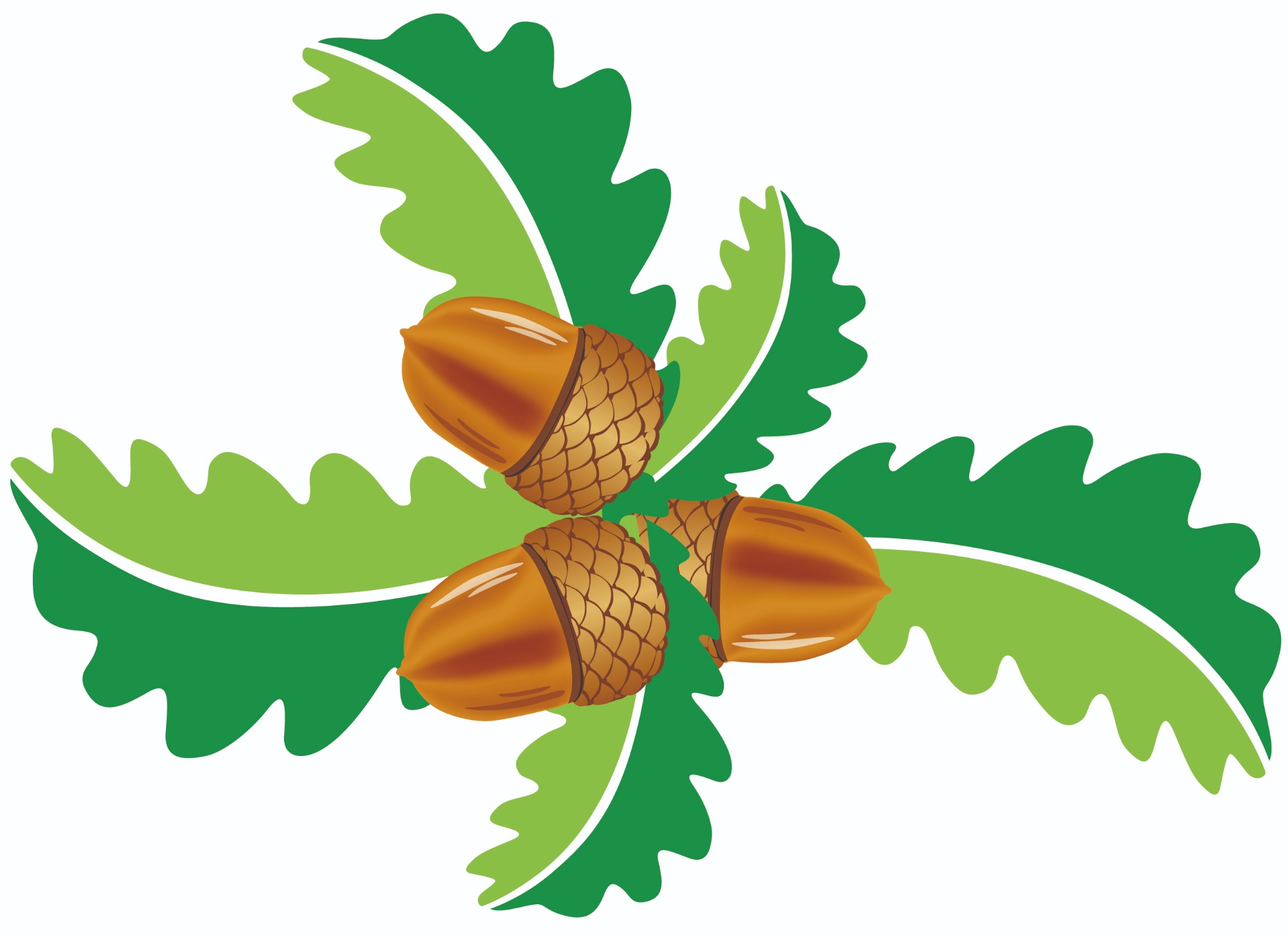The Early Years Curriculum
Intent
The Early Years Foundation Stage is crucial in securing solid foundations that our children continue to build upon. In the EYFS at Oakdale, we strongly believe that we are at the beginning of our children’s educational journey. By igniting the flame, we are developing a love of learning and a determination to want to be the best they can be. We believe that all children deserve to be valued as an individual and we are passionate in allowing all children to achieve their full, unique potential.
We begin each new year by looking at the individual needs of our children and, taking into account their different starting points, we carefully develop our EYFS provision to ensure that it is suitable for the unique needs and stages of development of all our children. We use a selection of open-ended resources to ensure the children can capture their imagination, as well as develop their language skills as early as possible. Our topics are engaging, ensuring as many learning opportunities are achieved as possible. The children are able to access both classrooms, where the provision and areas are split across both, allowing all children in the cohort to mix and to build relationships with all practitioners.
Implementation
Practice in the EYFS is led by the four guiding principles that shape our approach in early years settings.
- Every child is a unique child, who is constantly learning and is resilient, capable, confident and self-assured.
- Children learn to be strong and independent through positive relationships.
- Children learn and develop well in enabling environments, in which their experiences respond to their individual needs and there is a strong partnership between practitioners and parents and/or carers.
- Children develop and learn in different ways and at different rates.
There are seven areas of learning and development that are taught in early years. All areas of learning and development are important and interconnected. Three areas are particularly crucial for igniting children’s curiosity and enthusiasm for learning, and for building their capacity to learn, form relationships and thrive.
These three areas, the prime areas, are:
- Communication and Language (Listening, Attention and Understanding and Speaking).
- Personal, Social and Emotional development (Self Regulation, Managing Self and Building Relationships)
- Physical Development (Gross Motor Skills and Fine Motor Skills)
Children are also taught in four specific areas, through which the three prime areas are strengthened and applied. The specific areas are:
- Literacy (Comprehension, Word Reading and Writing)
- Mathematics (Number and Numerical Patterns)
- Understanding the world (Past and Present, People, Culture and Communities and The Natural World)
- Expressive arts and design (Creating with Materials and Being Imaginative and Expressive)
In planning and guiding children’s activities, we reflect on the different ways that children learn and reflect these in their practice. Three characteristics of effective teaching and learning are:
- Playing and exploring - children investigate and experience things, and ‘have a go’
- Active learning - children concentrate and keep on trying if they encounter difficulties and enjoy achievements.
- Creating and thinking critically - children have and develop their own ideas, make links between ideas, and develop strategies for doing things.
As the children go through the year at Oakdale, these skills develop, and the children naturally explore the provision in different ways. All the crucial skills, knowledge and vocabulary that we teach are presented to the children throughout the year in a range of topics, which are designed with their interests in mind as well as supporting children to develop their experience and knowledge across a range of topics. Vocabulary is carefully selected using the Year 1 National Curriculum as a guide to ensure the building blocks are in place for future learning.
Our inclusive approach means that all children learn together, but we have a range of additional intervention and support for children who may not be reaching their potential or are showing a greater depth of understanding and need further challenge. This includes, for example, sessions for developing speech and language, social skills, fine motor skills and gross motor skills.
Impact
The aim is that by the end of the Early Years Foundation Stage, most children will have reached their personal best and have achieved the progress aimed for a Good Level of Development measure (GLD) for every child. All children will have made significant personal progress across all areas of learning, and they have a passion and enjoyment for learning. The impact of our curriculum will also be measured by how effectively it helps our pupils develop into well-rounded individuals who embody our school values and can bring these into their daily life. A mix of balanced learning experiences with a multi-sensory approach is the best way to develop happy, curious children, and we endeavour for pupils to be Key Stage 1 ready by the time they leave Reception, preparing them for their future school career.
Assessment
Within our EYFS unit at Oakdale, children are assessed continuously through specific activities and tasks. These provide us with information for immediate and future planning for the cohort, but also for individual children’s next steps in their learning. This enables us to be able to fill gaps early and ensure all children have a positive experience in their first year of school, continuing to develop the love of learning we want all children to have. We also have half termly Little Wandle assessments to track the progress of phonics. Baseline assessment in completed at the beginning of the school year with each child on a 1:1 basis. Children are then assessed against the 18 areas of development to see if they have reached the Early Learning Goal.
Websites
https://www.phonicsplay.co.uk/
https://www.topmarks.co.uk/Search.aspx?Subject=37
https://www.bbc.co.uk/iplayer/episodes/b08bzfnh/numberblocks
https://www.youtube.com/watch?v=jPVbJ-IaHIw
https://www.bbc.co.uk/bitesize/levels/zt6svwx
